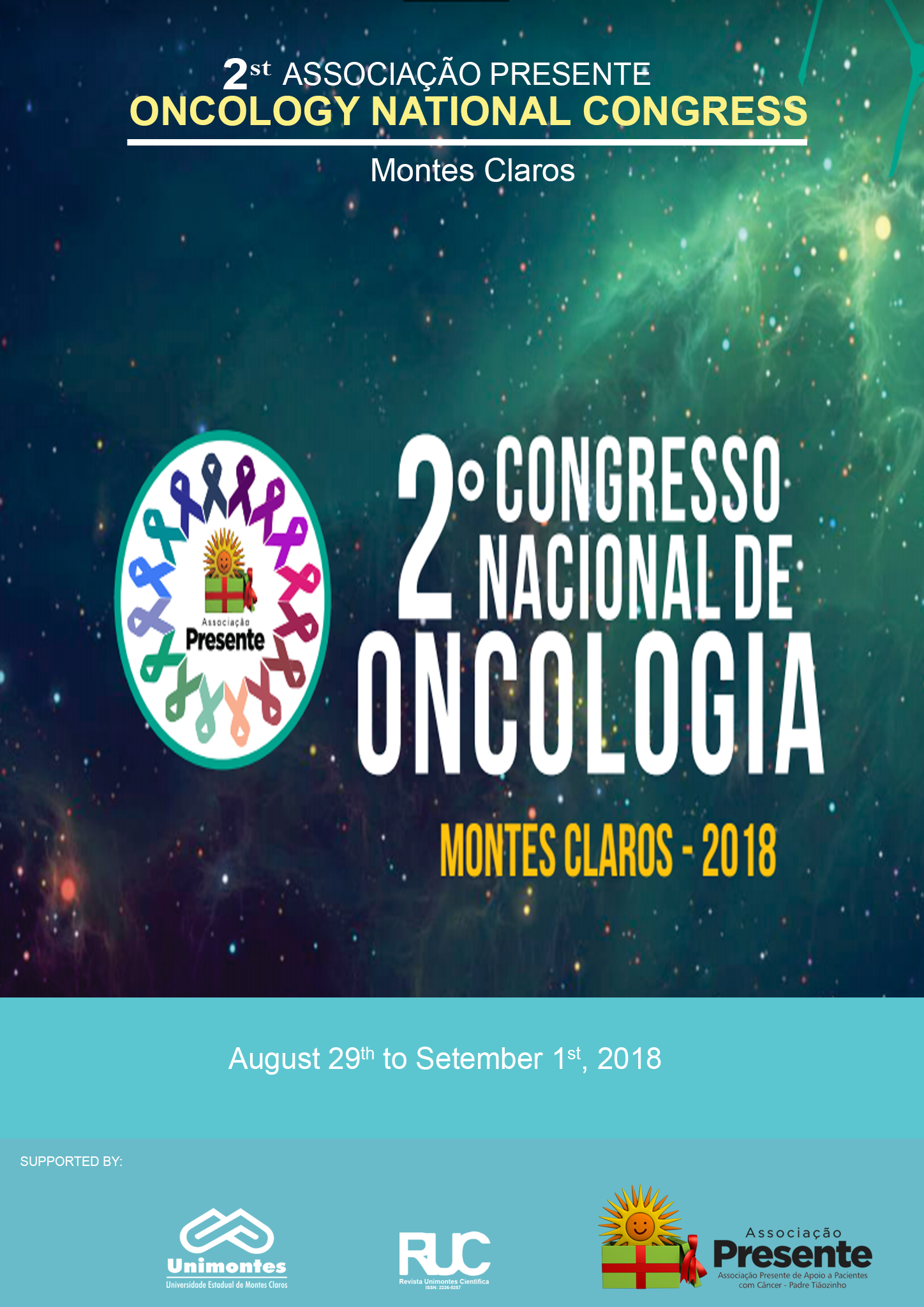Action of indian cloves (Syzygium aromaticum) in the sensitization of neoplastic cells for radiotherapy: a systematic review of literature
Keywords:
Cancer; Phytotherapics; Therapeutic efficacy; Essencial Oils.Abstract
Abstract: The search for new molecules that increase the effectiveness of ionizing radiation in the cancer treatment is the subject of several studies. Plant products are excellent sources of discovery and development of new antineoplastic agents. Indian clove has beneficial effects that make it a natural substance potentially suitable for fighting cancer. Thus, the present review was designed to summarize and analyze studies involving the use of clove as a radiosensitizer for neoplastic cells. The systematic review was carried out through a bibliographic research carried out in July 2018 and included relevant studies published so far. The bibliographic search was carried out in specialized databases. A gene search was performed on the GeneCards platform using the keywords "eugenol", "cancer", radiotherapy. These genes were used as input to the STITCH platform, for elaboration of the interaction network. It has been found that studies that address the clove antineoplastic potential are well established in the literature. However, no research studies of this herbal medicine have been found as a radiosensitizer. From the GeneCards 47 genes possibly related to the selected descriptors were extracted. It has been hypothesized that Phyto therapeutic indian clove, more precisely the compound eugenol, can sensitize the neoplastic cells to the radiotherapy through the activating action of the CASP3 and inactivation of CYP1A1. This report highlights the suggestion of the potential of clove as a candidate antineoplastic drug sensitizing neoplastic cells for radiotherapy. However, functional studies should be performed to prove their potential.












